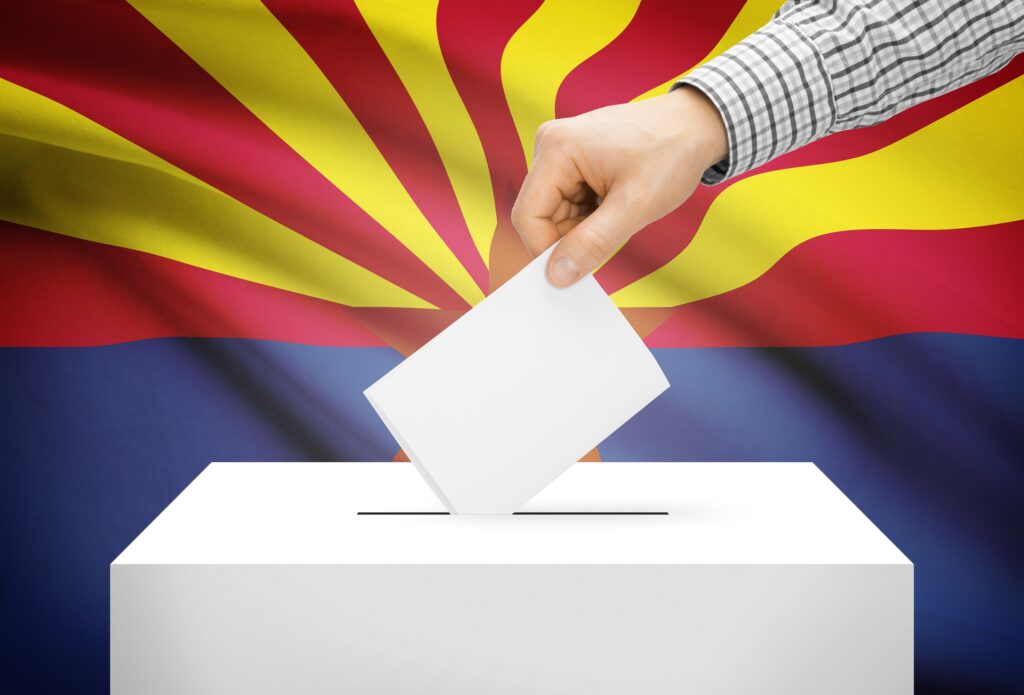Antitrust 2022: Past is Prologue
Author
Key Points
Press Release
Tried and Not-So-True: the Rise of Hipster Antitrust
Media Contact
For general and media inquiries and to book our experts, please contact pr@rstreet.org
Introduction
America’s tech companies continue to push the boundaries of innovation and remain global leaders in providing new services and products. Yet that success has drawn the attention of politicians and regulators and the hostility of potential rivals. Both the Biden administration and the 117th Congress have been marked by a resurgence of populist antitrust and its aversion to bigness. The current interest in dismantling large corporations is not new; such sentiments have been cyclical recurrences throughout American history and fueled the creation of the Sherman Act and the nation’s antitrust laws.
The year 2021 was marked by the ascendancy of the neo-Brandeisian movement, more colloquially known as “hipster antitrust,” as seen in Congress and the first year of the Biden administration. Both Congress and the administration demonstrated an interest not only in rigorous antitrust enforcement, but in a fundamental rewrite of the antitrust laws to take on large technology companies that critics allege operate beyond the scope of current antitrust laws. In 2022 it is likely that Congress will turn in earnest to moving its antitrust legislation forward, paving the way for expanded oversight and greater government interventions in the marketplace.
At the federal level, President Joe Biden has issued an Executive Order on competition policy, which, among other things, calls for more vigorous antitrust enforcement. Biden’s appointed antitrust enforcers—Lina Khan at the Federal Trade Commission (FTC) and Jonathan Kanter at the Department of Justice (DOJ)—reaffirm the administration’s more aggressive stance on antitrust enforcement. Both have been outspoken critics of Big Tech, and both agencies are actively pursuing antitrust cases against major tech companies while also re-examining the foundations of the nation’s competition policy.
Legislation introduced in both the House and Senate would reformulate the antitrust laws into a new competition policy with a greater interest in market structure and the state of competition rather than consumer welfare. State attorneys general have also taken legal action against the major technology platforms while state legislators continue to introduce bills to reshape markets in the tech sector. In Europe and elsewhere around the globe, billion-dollar fines against America’s pioneering technology companies are commonplace, along with structural remedies aimed at helping local rivals to the large American tech companies.
It is unmistakable that there is a renewed zeal for antitrust enforcement, but whether the proposed neo-Brandeisian reforms would yield outcomes superior to the status quo remains an open question. Present day reformers appear to be calling for a return to past practices targeting market structure rather than economic outcomes. Yet a brief examination of the history of antitrust in the United States suggests that this shift in emphasis may do little to improve upon market outcomes while significantly expanding government oversight and regulation in a critical sector of the economy. In fact, today’s reformers appear intent on a return to antitrust practices that proved to be far more arbitrary and prone to political influence at the expense of consumer welfare.
Permissionless innovation has been a driving force in the tech sector, allowing firms the flexibility to adapt to the rapid pace of change that defines the technology sector. This permits firms to evolve and attract the capital necessary for continued innovation. For consumers, permissionless innovation has resulted in a market characterized by falling (or even zero) prices, expanding output and increasing quality. These outcomes were feasible within the existing framework for antitrust enforcement, with its focus on consumer welfare and economic outcomes, but may not be so within a framework that attempts to define and enforce a designated optimal market structure or level of competition.
Many of the reforms advanced by neo-Brandeisians are a direct challenge to the model of permissionless innovation. The proposed changes to antitrust law establish a much more prominent role for government oversight by placing regulators in the path of progress with the power to proscribe certain activities or behaviors by firms that fit into arbitrarily defined categories designed by law or regulation. Additionally, reformers aim to raise the bar for companies seeking to expand, requiring them to demonstrate that their actions are not anticompetitive. This is a major departure from a simple call for increased enforcement of existing antitrust laws to address anticompetitive behavior. In many ways, proposed reforms resurrect earlier antitrust practices that tended to be inconsistent and economically fallacious. The consumer welfare standard was adopted to address the economic shortcomings of earlier antitrust law; abandoning its use creates opportunities for more arbitrary and political enforcement of antitrust.
In fact, the changes that populist reformers are seeking more closely emulate European competition policy, which is an industrial policy that places more emphasis on regulating the competitive process than on promoting consumer welfare. This is inherently a more political approach to antitrust and the brunt of these policies have fallen upon U.S. technology companies to the benefit of less efficient European rivals. Implementing similar policies in the United States may likewise penalize digital platforms, which can have a significant impact on innovation and consumer welfare. This change can be seen in the recent statement from the EU-U.S. Joint Technology Competition Policy Dialogue: “Both through the Joint Dialogue and other cooperation efforts, we intend to collaborate to ensure and promote fair competition, as we firmly believe that vigorous and effective competition enforcement benefits consumers, businesses, and workers on both sides of the Atlantic.”










